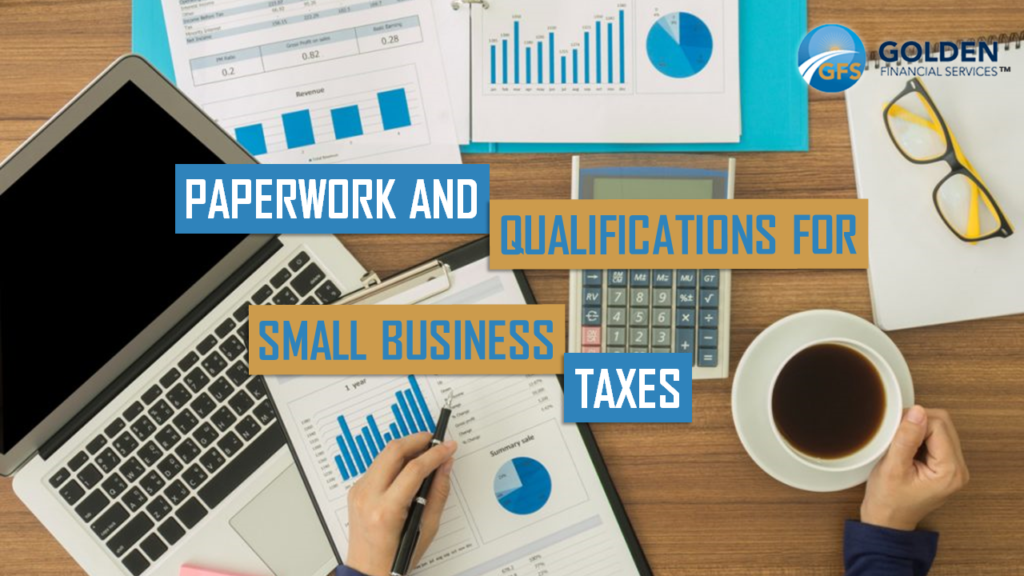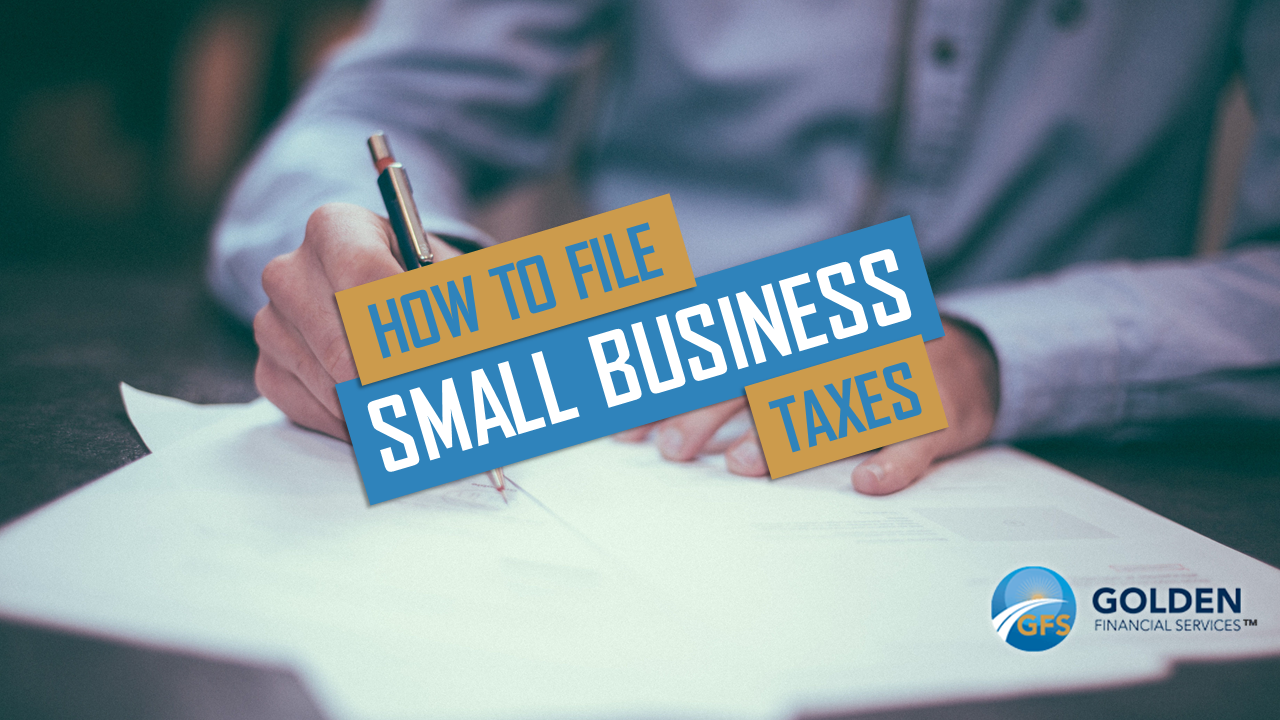Filing federal income taxes for a small business can be done in various ways, especially when it comes to filing as a sole proprietorship or as an entity such as a corporation or common LLC. As you prepare for your taxes, it is important to know which form to file depending on what type of entity you registered to become. However, calculating taxable business income is done in a similar fashion no matter what type of small business you are. Here is a simple process for filing on time and accurately as a small business.
How do taxes work for small businesses?
Believe it or not, filing taxes starts at the beginning of the fiscal year – you need a firm filing system to keep track of expenses, revenue, and anything else that could be considered for a deduction or credit. If you consider yourself to be computer illiterate, hire someone to track your records. It’s really as simple as that because the format for filing taxes in 2020 is now catered to digital records. Fight the good fight to rebel against computers if you must, but if you are reading this blog, you probably found us by a Google search or via an ad, so you are more literate than you think.
TurboTax lists a couple great software platforms to track your taxes and provides context for filing: “If you use a computer program or a spreadsheet to organize and keep track of all transactions during the year, calculating your income and deductions is much easier than trying to remember every sale and expenditure that occurred during the year. TurboTax works with programs like QuickBooks and Quicken, so you can import information directly into your tax return.”
In more from TurboTax, here is how to file as a small business, including the forms you need to get started: “Determine the correct IRS tax form. You always need to report your business earnings to the IRS and pay tax on them, but choosing the right form to report earnings on depends on how you operate your business.” TurboTax continues, “Many small business owners use a sole proprietorship which allows them to report all of their business income and expenses on a Schedule C attachment to their personal income tax return. If you run the business as an LLC and you are the sole owner, the IRS also allows you to use the Schedule C attachment. However, if you use a corporation or elect to treat your LLC as one, then you must always prepare a separate corporate tax return on Form 1120.”

How much does a business have to make to file a tax return?
A surprisingly little amount. Two qualifications are:
- If you plan on owing the government more than $1,000 by the end of the calendar year.
- If you make more than $400 in a given year on freelance, independent work.
From DaveRamsey.com, “You have to pay self-employment taxes if:
- Your net earnings are $400 or more.
- You work for a church or a qualified church-controlled organization that elected an exemption from social security and Medicare taxes, and you make $108.28 or more in wages.3 This does not apply to ministers or members of a religious order (such as nuns).
If you have employees, you have to pay employment taxes, which include:
- Social Security and Medicare taxes
- Federal income tax withholdings (this is technically paid by your employee, but you’re responsible for making sure Uncle Sam gets it)
- Federal unemployment (FUTA) tax”
How much does a small business pay in taxes?
It’s difficult to provide a straightforward answer to this question, because there isn’t a cap to how much a small business has to pay, nor is there a blanket percentage rate for taxes. Small business tax is still tied to the income of the business owner since small businesses are not in the same class as corporations.
In essence, small business taxes will most closely resemble personal taxes, the small business owner will simply fill out a different set of forms, and will also have to pay quarterly taxes instead of end-of-year taxes.
In a piece from TheBalance Small Business, they detail what taxes a small business owner can expect to pay: “In addition to income taxes, the largest tax bill small businesses pay is for payroll taxes. These taxes are based on employee pay at the rate of 7.65% on employee gross payroll. Other payroll taxes, like unemployment taxes and workers compensation taxes, increase the amount of tax an employer must pay.”
We highly suggest reading the rest of the blog for more tips.
Can I file my business taxes separate from my personal?
The reporting rules are the same with small business owners as with sole proprietors: you will be required to report business profits and losses on your personal income tax return as well as Schedule C. You can’t file your business taxes separately from your personal taxes. You will use Form 1040 to address this form of taxes.
____________________________
If you found our blog looking for financial advice or assistance with credit card debt relief or debt consolidation, call Golden Financial Services today at (866)-376-9846 or info@goldenfs.org. You can check out the rest of our blog here, and do your research on our services here. Let’s talk soon!


